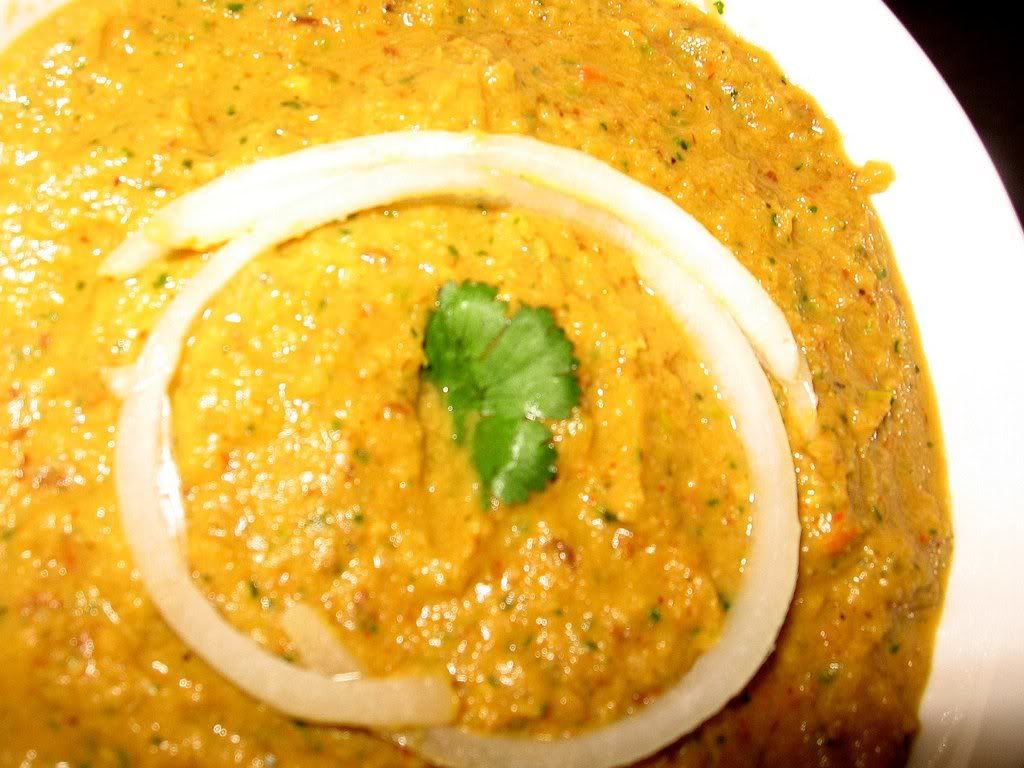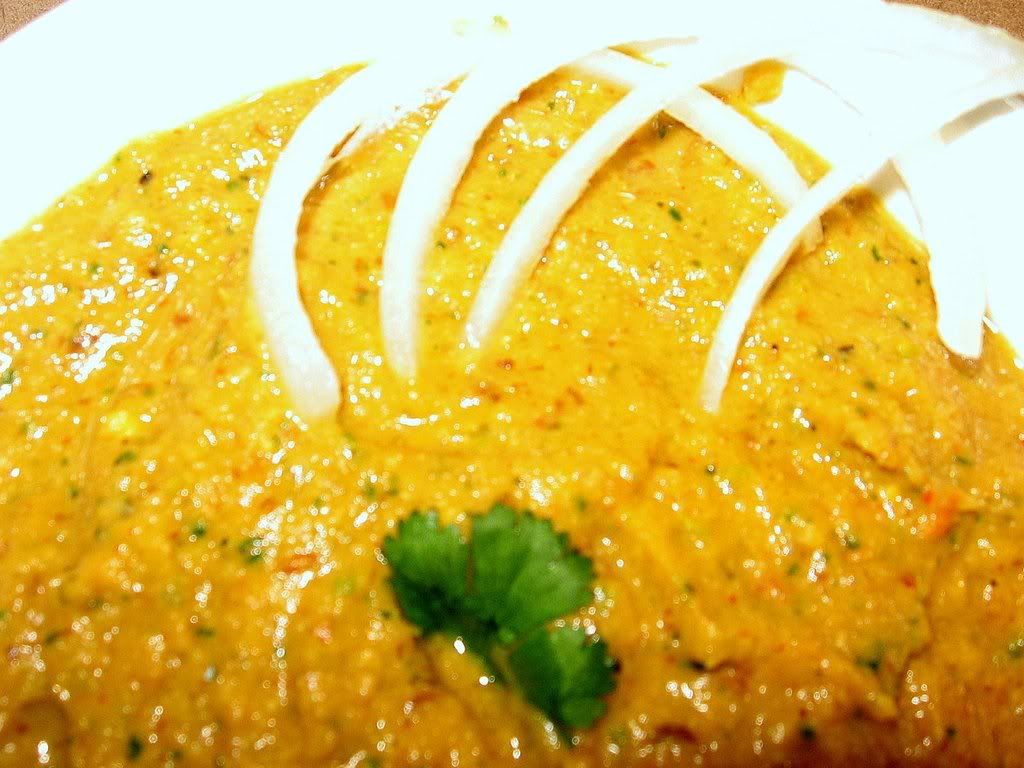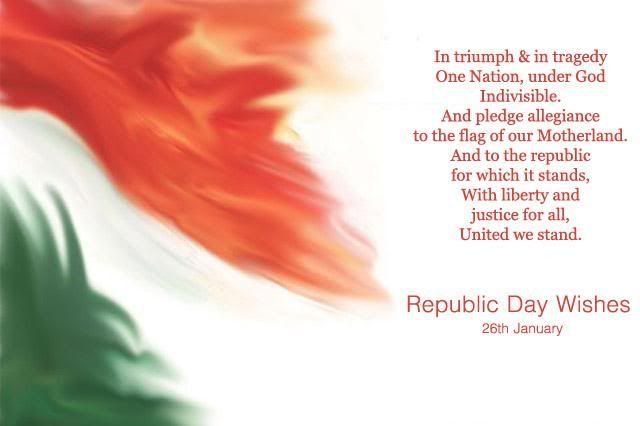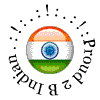......Potatoes contain many of the essential nutrients that the dietary guidelines recommend Americans increase in their diet. Potatoes eaten with the skin provide nearly half of the Daily Value for vitamin C and are one of the best sources of potassium and fiber. One medium-sized potato has 110 calories and provides complex carbohydrates needed to fuel our brains and bodies, giving us the energy we need for a busy lifestyle......
[Source]
Oh common....we don't need any of these reasons to have our POTATO .. Right.. so here I made a simple Aloo Pulav and sending this off to both Dhivi's "The Potato Fe(a)st" and Sia's "Ode to Potatoes" events..:).. and they say more the better...so, this is just my first entry to u guys..:)))
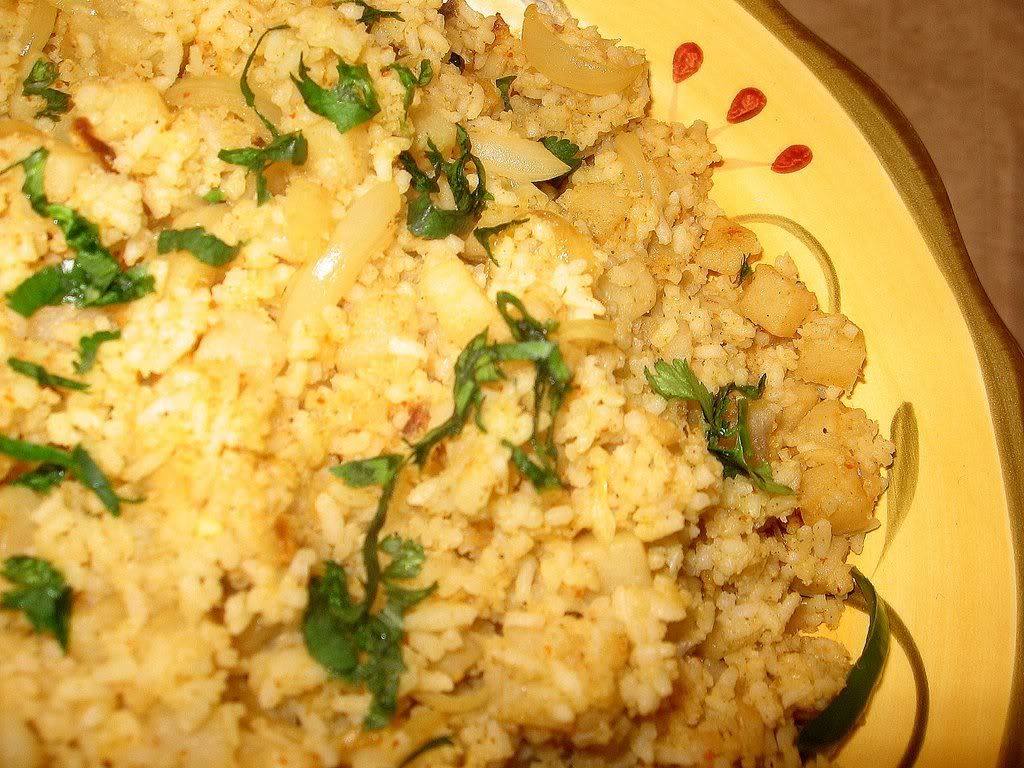
Simple Ingredients:
Diced Potatoes - 1 can ( Yup, I was too lazy to peel, cut and boil the potatoes..:))
Rice (Boiled) - 1.5 cups
Ginger Garlic paste - 1/2 tbsp
Butter - 1 tbsp
Onion - 1 medium sized (chopped)
Green Chillies - 1 (thinly slit)
Biryani Pulav Masala - 1/2 tbsp
Salt - to taste
Turmeric - 1/8 tbsp
Red Chilli powder - 1/2 tbsp
Fresh Coriander leaves - few
Simple Preparation:
Heat the butter in a wok, add onions - saute them for untill brown. Then add ginger-garlic paste, green chillies and then diced potatoes. Mix the contents well and Cook for about 2-3 minutes.
Add in the salt, turmeric, biryani pulav masala and redchilli powder. Cook for a while. Finally add rice.
Garnish with fresh coriander leaves.
This is the most simplest pulav one can ever make.. and surprisingly its an all time favorites for many others like me!

UPDATE: When Cham of 'Spice Club', left a comment saying this 'Potato Pulav' is her kid's favorite, then I thought why not send this to dear Vanamala's "KID'S FOOD EVENT" ...:)

~ Siri
[Source]
Oh common....we don't need any of these reasons to have our POTATO .. Right.. so here I made a simple Aloo Pulav and sending this off to both Dhivi's "The Potato Fe(a)st" and Sia's "Ode to Potatoes" events..:).. and they say more the better...so, this is just my first entry to u guys..:)))

Simple Ingredients:
Diced Potatoes - 1 can ( Yup, I was too lazy to peel, cut and boil the potatoes..:))
Rice (Boiled) - 1.5 cups
Ginger Garlic paste - 1/2 tbsp
Butter - 1 tbsp
Onion - 1 medium sized (chopped)
Green Chillies - 1 (thinly slit)
Biryani Pulav Masala - 1/2 tbsp
Salt - to taste
Turmeric - 1/8 tbsp
Red Chilli powder - 1/2 tbsp
Fresh Coriander leaves - few
Simple Preparation:
Heat the butter in a wok, add onions - saute them for untill brown. Then add ginger-garlic paste, green chillies and then diced potatoes. Mix the contents well and Cook for about 2-3 minutes.
Add in the salt, turmeric, biryani pulav masala and redchilli powder. Cook for a while. Finally add rice.
Garnish with fresh coriander leaves.
This is the most simplest pulav one can ever make.. and surprisingly its an all time favorites for many others like me!

UPDATE: When Cham of 'Spice Club', left a comment saying this 'Potato Pulav' is her kid's favorite, then I thought why not send this to dear Vanamala's "KID'S FOOD EVENT" ...:)

~ Siri













